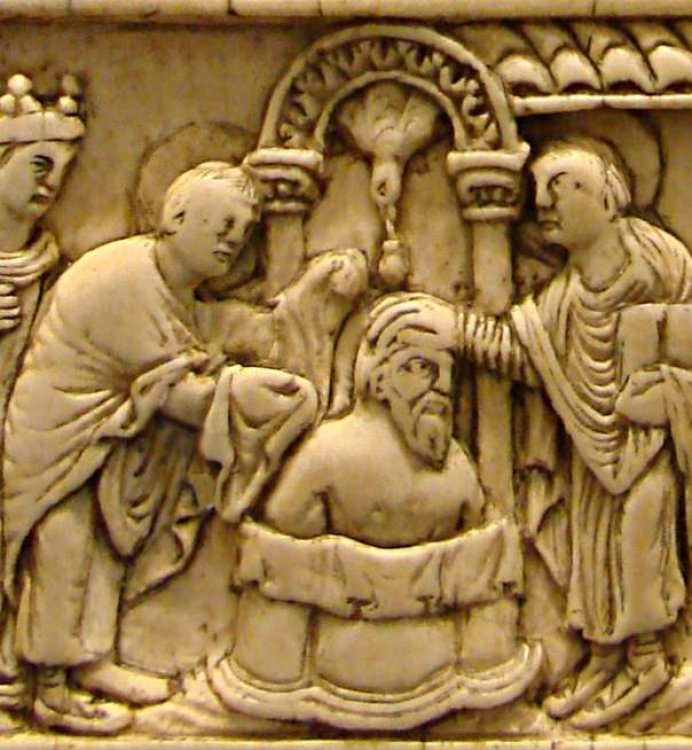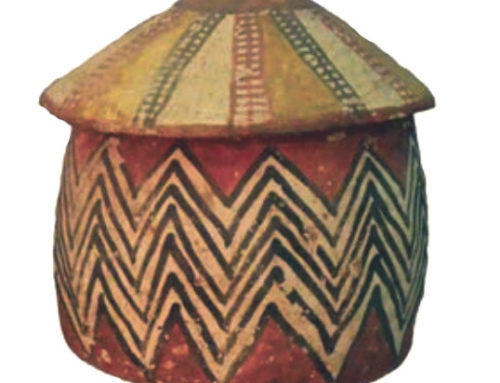Nos ancêtres les Gaulois…
On October 3rd, 52 BC, the leader of the Gaulish forces, Vercingetorix, surrendered to the Roman general Julius Caesar, and Gaul fell under the control of the Roman Empire. (If you’re wondering why there seems to be a rash of big military victories in the early fall, it’s not a concidence. It’s because people started their campaigns in the spring, and if it took a long time to win – leading to famous victories – then it took all summer, and into the fall.)
More about Julius Caesar
And about northern Europe

Julius Caesar
This phrase Nos ancêtres les Gaulois – “Our ancestors, the Gauls” – was once the opening sentence of all French elementary school history textbooks. It’s famous for being offensive to colonized people all over the world, from West Africa to Haiti and Vietnam, who were forced to see their own long histories obliterated by the idea that they were all French now.
Colonization in West Africa
And the Caribbean
History of Vietnam
Today I am thinking back to my own childhood in French schools in the 1970s, when we, also, had this infamous textbook. What I thought was funny then, was that we had to switch perspectives with each chapter.

This is a pot from Gaul before the Romans conquered it.
Chapter 1: the Gauls
In the first chapter, we were supposed to see ourselves as the heroic Gauls, resisting Roman attacks, and tragically defeated at Alesia, with Vercingetorix.
Northern Europe’s Iron Age art
Early European economy
Empires timeline 500 BC-1 AD

The aqueduct at Nimes, in southern France (Pont du Gard)
Chapter 2: the Romans
In the second chapter, we were supposed to see ourselves as Romanized. Wasn’t it great to have the Romans there, building baths and aqueducts and roads, and bringing Gaul into a bigger world? At the end of this chapter, we were sad to see ourselves overrun by barbarians like Clovis.
Roman baths
And aqueducts
The Roman economy
Chapter 3: the Franks

The baptism of Clovis
That same villain Clovis was the hero of the third chapter, the founder of the French nation. And a Christian! His descendants defended Christian France against the invading hordes of Islam.
Clovis and the Franks
History of Christianity
Islamic Spain
Our teachers never commented on this mind-twisting series of changes in perspective. But how does this desire to see ourselves as the heroes of every story distort history today? Might it be possible to write even children’s textbooks so that they present history as a story about change rather than about winners and losers? Could we get along without heroes and villains in these stories?
Want to see more of these posts? Follow us on Twitter @Quatr_us.
Support this blog by visiting our Patreon: your $5 monthly takes the ads off five pages on this site. When pledges reach $1000 ($900 to go!) I’ll take all the ads off the entire site, for all of our visitors.




